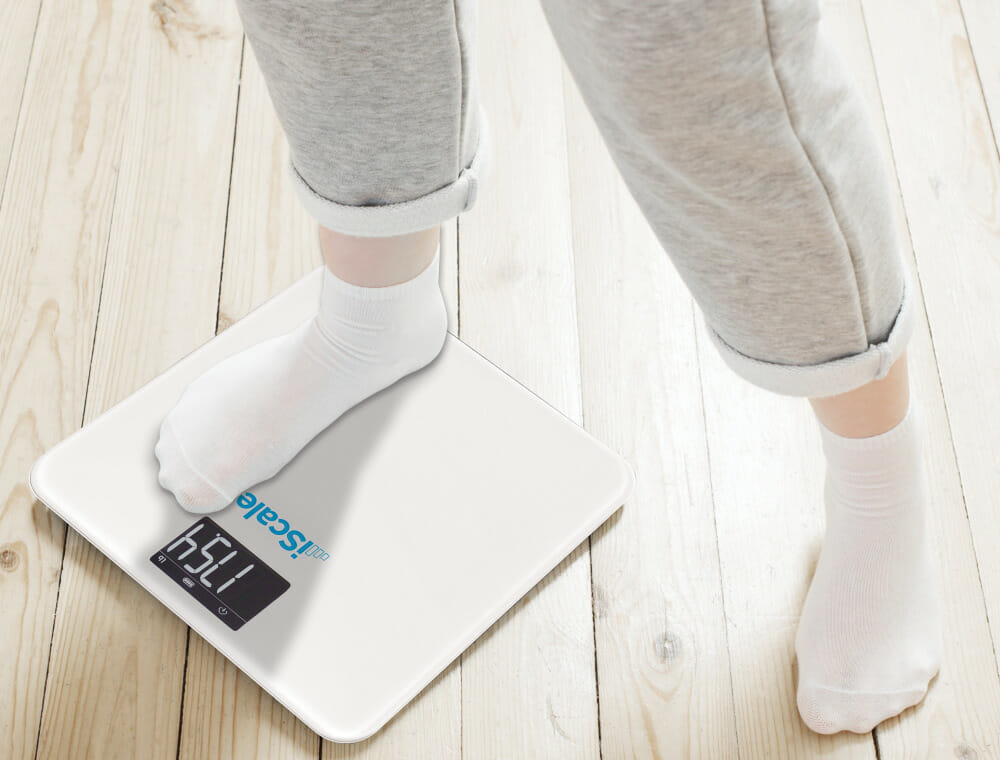Obesity and weight-related health issues continue to pose significant challenges globally. New technologies and innovative approaches are emerging as we strive to combat this epidemic. Remote Patient Monitoring (RPM) has emerged as a groundbreaking solution, revolutionizing how we approach weight loss and obesity management. In this blog post, we will explore the power of RPM in helping individuals achieve their weight loss goals and tackle obesity more effectively.
Understanding Remote Patient Monitoring (RPM)
Remote Patient Monitoring involves using technology to collect and analyze health data from individuals in their own homes, outside traditional healthcare settings. RPM devices, such as wearable trackers, smart scales, other home health devices, and mobile applications, enable real-time monitoring of vital health metrics like weight, body composition, physical activity, sleep patterns, and nutrition.
The Role of RPM in Weight Loss and Obesity Management
RPM plays a crucial role in weight loss and obesity management by enabling continuous monitoring and support for individuals on their weight loss journey. Through wearable devices and connected technology, RPM gives insight into key metrics such as:
- Physical activity
- Heart rate
- Sleep patterns.
This real-time data helps provide personalized guidance, monitor progress, and allow individuals to make necessary adjustments to optimize weight loss and improve overall health outcomes.
-
Personalized Data Insights:
RPM provides healthcare professionals with accurate and up-to-date data on patients' weight, body mass index (BMI), and other relevant metrics. This data allows for personalized assessments, enabling healthcare providers to tailor treatment plans and interventions based on individual needs. By identifying trends, patterns, and potential obstacles, healthcare professionals can offer targeted guidance and support for weight loss and obesity management.
-
Enhanced Patient Engagement:
RPM empowers individuals to take an active role in their weight loss journey. Monitoring their progress and receiving real-time feedback makes patients feel more connected and engaged in their care. The continuous data flow fosters accountability and motivation, increasing adherence to healthy behaviors and lifestyle changes.
-
Timely Intervention and Support:
RPM enables healthcare professionals to promptly detect potential issues or deviations from the weight loss plan. By analyzing the data collected, they can identify patterns that may show challenges, such as weight plateaus or emotional triggers. This allows for timely intervention and support through remote consultations, personalized advice, and adjustments to treatment plans, maximizing the chances of successful weight loss outcomes.
-
Behavioral Monitoring and Coaching:
RPM extends beyond physical measurements by incorporating behavioral monitoring and coaching. Patients can use mobile apps or online platforms to track their food intake, log physical activity, and receive personalized coaching tips. This comprehensive approach addresses weight loss's psychological and behavioral aspects, facilitating healthier habits and sustainable lifestyle changes.
-
Long-term Management and Prevention:
RPM plays a crucial role in long-term weight management and obesity prevention. By monitoring weight fluctuations and other metrics over time, healthcare providers can identify potential relapses and intervene proactively. Additionally, RPM enables individuals to maintain a healthy lifestyle, even after reaching their weight loss goals, by promoting regular physical activity, monitoring nutrition, and ensuring accountability.
-
Integration and Implementation of RPM:
Healthcare Provider Collaboration: Effective RPM implementation requires collaboration between healthcare providers, including physicians, dietitians, and behavior therapists. A multidisciplinary approach ensures comprehensive care and holistic guidance for patients.
-
Technology Adoption:
Embracing RPM technology involves educating patients and healthcare professionals about its benefits and functionality. Training individuals to use wearable devices, mobile applications, and other at-home medical devices and monitoring tools is crucial for successful integration into weight loss programs.
-
Data Privacy and Security:
As with any digital health solution, maintaining patient privacy and data security is paramount. Healthcare organizations must comply with relevant data protection regulations and employ secure platforms for transmitting and storing patient information.
-
Patient Education and Empowerment:
Educating patients about the benefits of RPM and how to interpret the data collected is essential for active engagement. Providing ongoing support and empowering patients to make informed decisions regarding their health will facilitate long-term success.
Benefits of RPM in the Context of Weight Management
-
Improved accessibility and convenience:
RPM allows patients to receive care and support from the comfort of their homes, reducing the need for frequent in-person visits. This is particularly beneficial for individuals with limited mobility or those living in remote areas.
-
Enhanced patient engagement and accountability:
By continuously monitoring their health data, patients are more engaged and accountable for their weight management journey. Real-time feedback and interventions from healthcare providers help motivate patients and keep them on track.
-
Real-time monitoring and personalized interventions:
RPM enables healthcare providers to monitor patients' progress in real-time, allowing for timely interventions and adjustments to the weight management plan. Personalized recommendations can be tailored based on individual data, optimizing outcomes.
-
Cost-effectiveness and potential for long-term sustainability:
RPM can reduce healthcare costs associated with obesity by preventing complications and hospitalizations. Additionally, the continuous monitoring and support provided by RPM can help individuals maintain their weight loss in the long term.
Revolutionizing The Weight Loss Journey
Remote Patient Monitoring (RPM) has revolutionized weight loss and obesity management by leveraging technology to facilitate personalized care, enhance patient engagement, and provide timely interventions. Through continuous monitoring, data analysis, and behavioral coaching, RPM offers a comprehensive approach to address the complex factors contributing to weight-related issues. As we harness the potential of RPM, we can improve outcomes, empower individuals, and create lasting changes in the fight against obesity.
Contact us today to learn more about our RPM devices that can help support a weight management RPM program.




